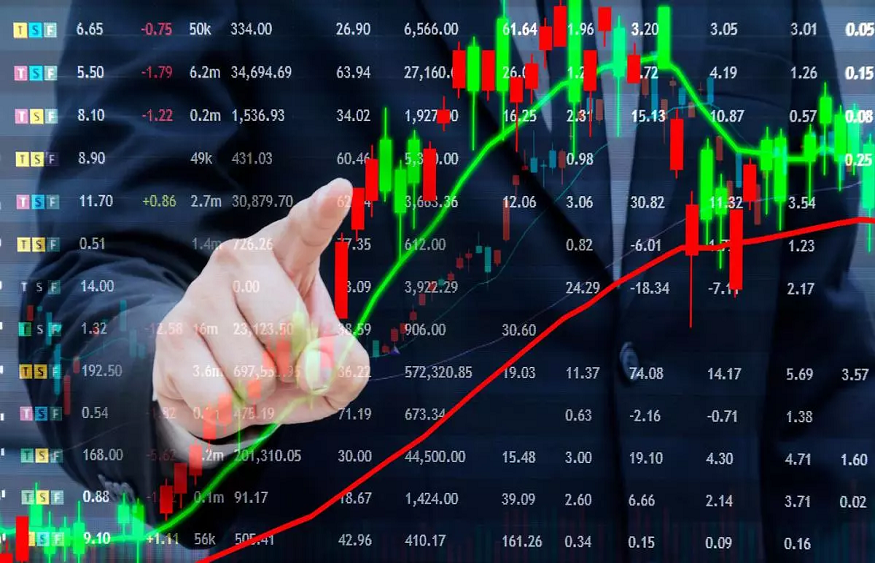The Hang Seng Index occupies a prominent position in the colorful landscape of Hong Kong in the bustling world of financial markets, where indexes serve as silent gauges of economic health. Investors frequently consider how several economic factors influence the fluctuations of the Hang Seng. The trade balance is a critical player that significantly impacts the index’s market dynamics. Let’s explore the complex connection between the trade balance and the navigating path Hang Seng takes.
A Foundation for Economic Well-being
The trade balance fundamentally measures a nation’s exports and imports. This indicator is of utmost significance for Hong Kong, a thriving international trade center. Economic strength is indicated by a positive trade balance, which means more vital exports than imports. A negative trade balance, on the other hand, denotes a possible economic stress. These balances’ ramifications reverberate across the financial sector and impact indices.
Imports, Exports, and Corporate Performance
In essence, the trade balance indicates how the country conducts business internationally. Since many companies listed on this are heavily involved in international commerce, changes in the trade balance directly affect their financial situation. Increased exports help these companies’ revenue streams, which may improve their market capitalization and, in turn, impact this overall performance.
International Trade Dynamics and Economic Trends
The dynamics of international commerce are deeply woven into the fabric of Hong Kong’s economy. The demand for Hong Kong’s exports is directly impacted by the condition of the world’s leading economies. Demand for goods and services from Hong Kong often increases when the global economy expands, which benefits the trade balance and, consequently, the Index. Conversely, a decline in demand brought on by a worldwide economic crisis can affect both exports and the performance of it.
Impact of Exchange Rates on Trade
The trade balance and currency exchange rates are closely related. Exports may become more appealing due to a lower local currency, boosting commerce and helping balance the books. A stronger currency can result in more imports, hurting the trade balance. Investors closely monitor currency-related indicators affecting market movements as Hang Seng reacts to these changes.
Market sentiment and trade tensions
The trade balance might become a focus point for market sentiments in the current global environment, characterized by trade disputes and geopolitical uncertainty. As investors assess the prospective effects on the trade balance and, subsequently, on the general economic health of Hong Kong, trade disputes and tariff escalation can cause volatility in it.
Governmental Initiatives and Trade Plans
Government regulations have a significant impact on how trade is shaped. The trade balance fluctuates depending on tariffs, trade agreements, and diplomatic connections. Investors following this must keep a close eye on governmental initiatives and trade tactics since policy changes can quickly result in changes in the index.
Conclusion
It is impossible to overstate the impact of the trade balance on the movements of the Hang Seng in the complex dance of the financial markets. The trade balance impacts business performance, market sentiment, and the region’s general economic health as a reflection of Hong Kong’s strength in international trade. Investors navigating these twists and turns must be alert to trade balance shifts, understanding that they are a crucial factor determining the future of this dynamic Asian index.Much like investors analyzing market trends on a 5paisa platform, those trackingit must recognize the pivotal role that the trade balance plays in shaping the fortunes of this influential index.

